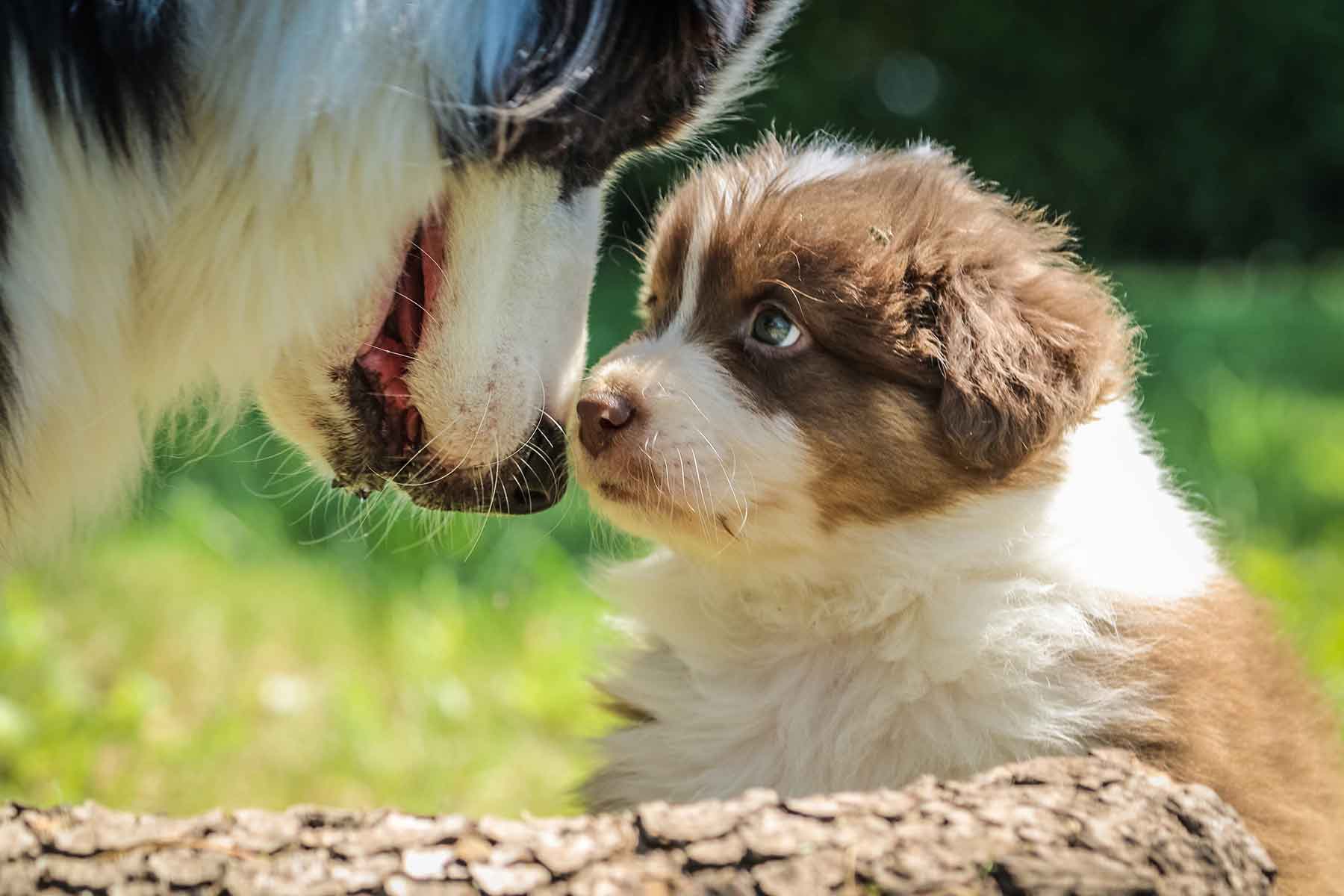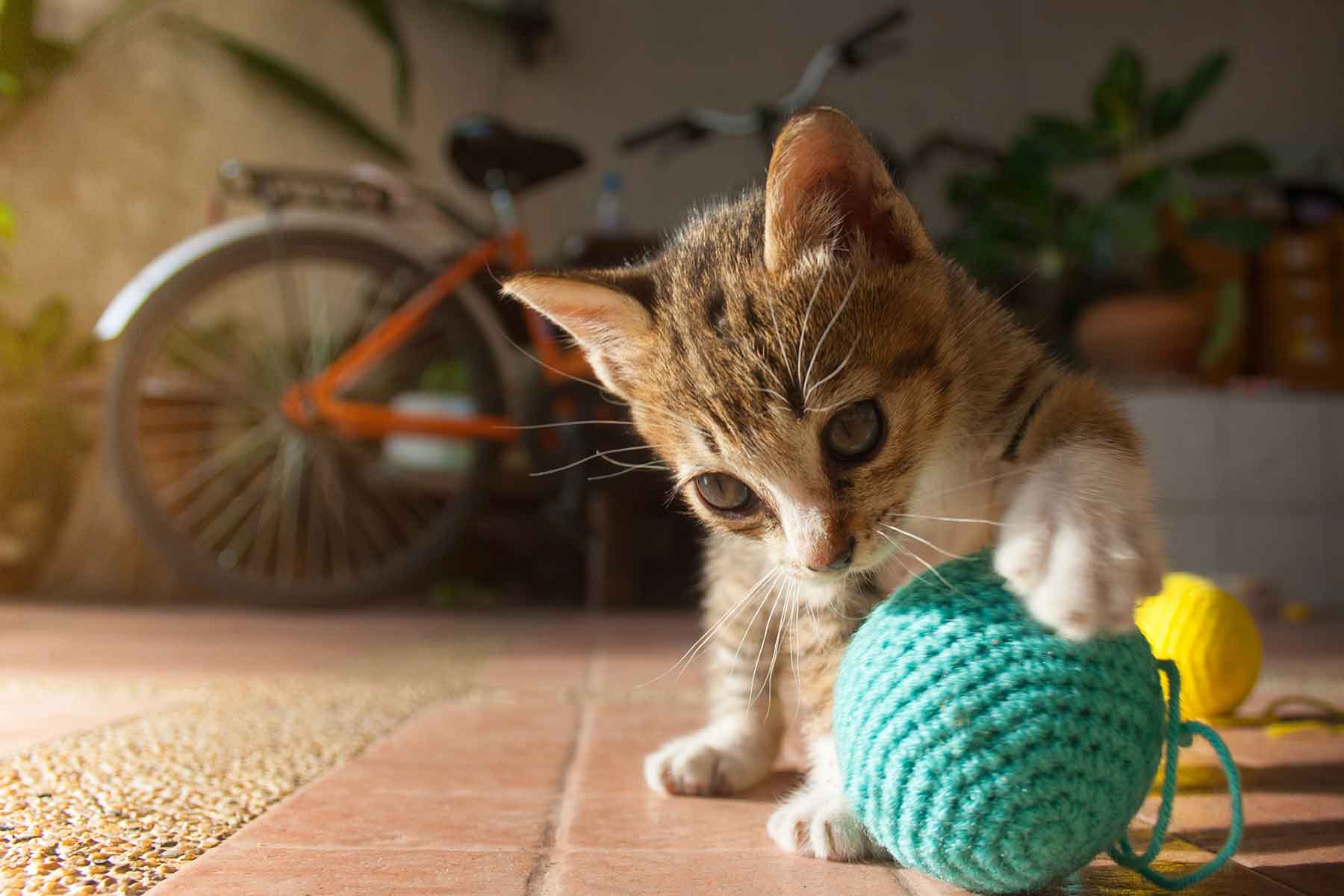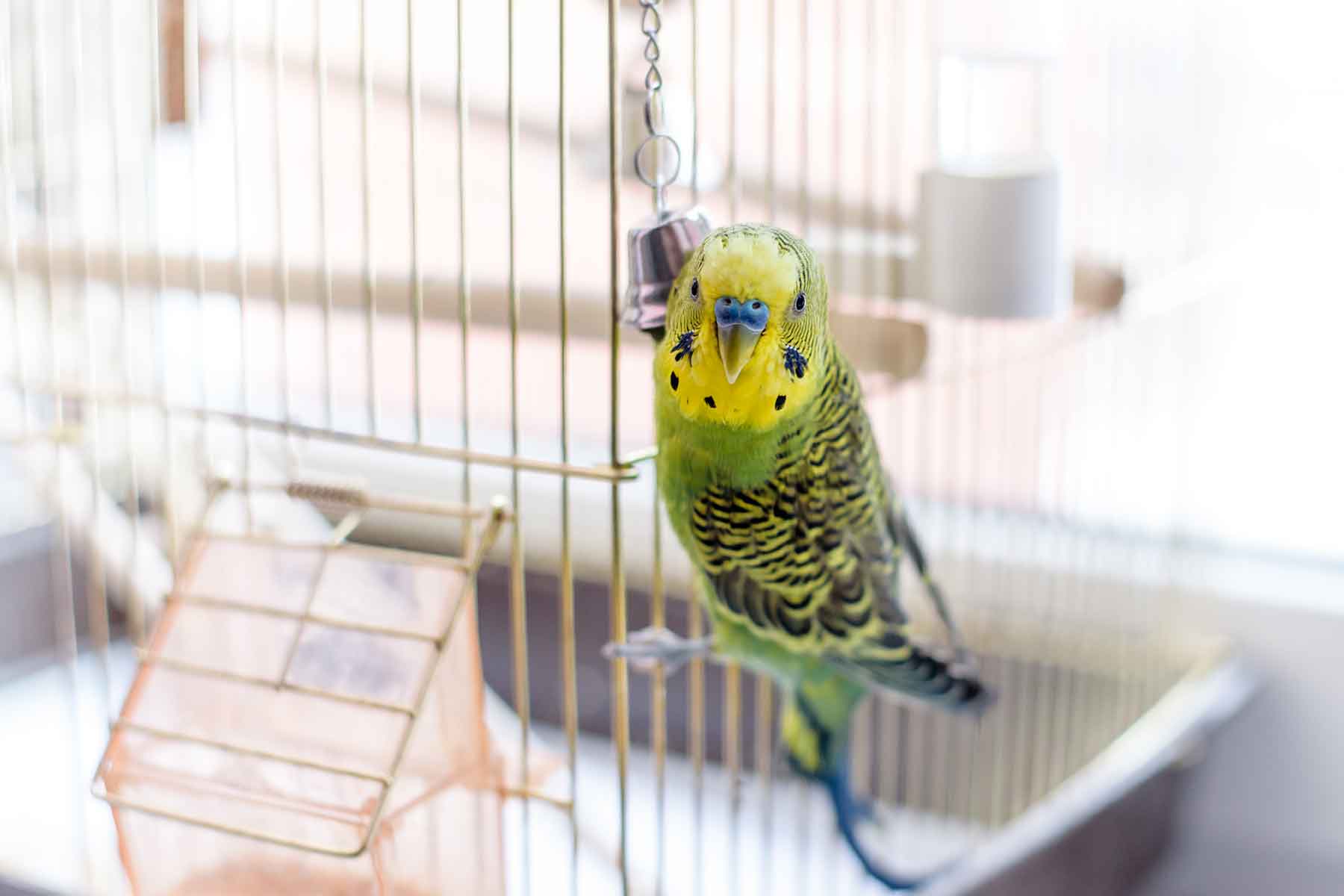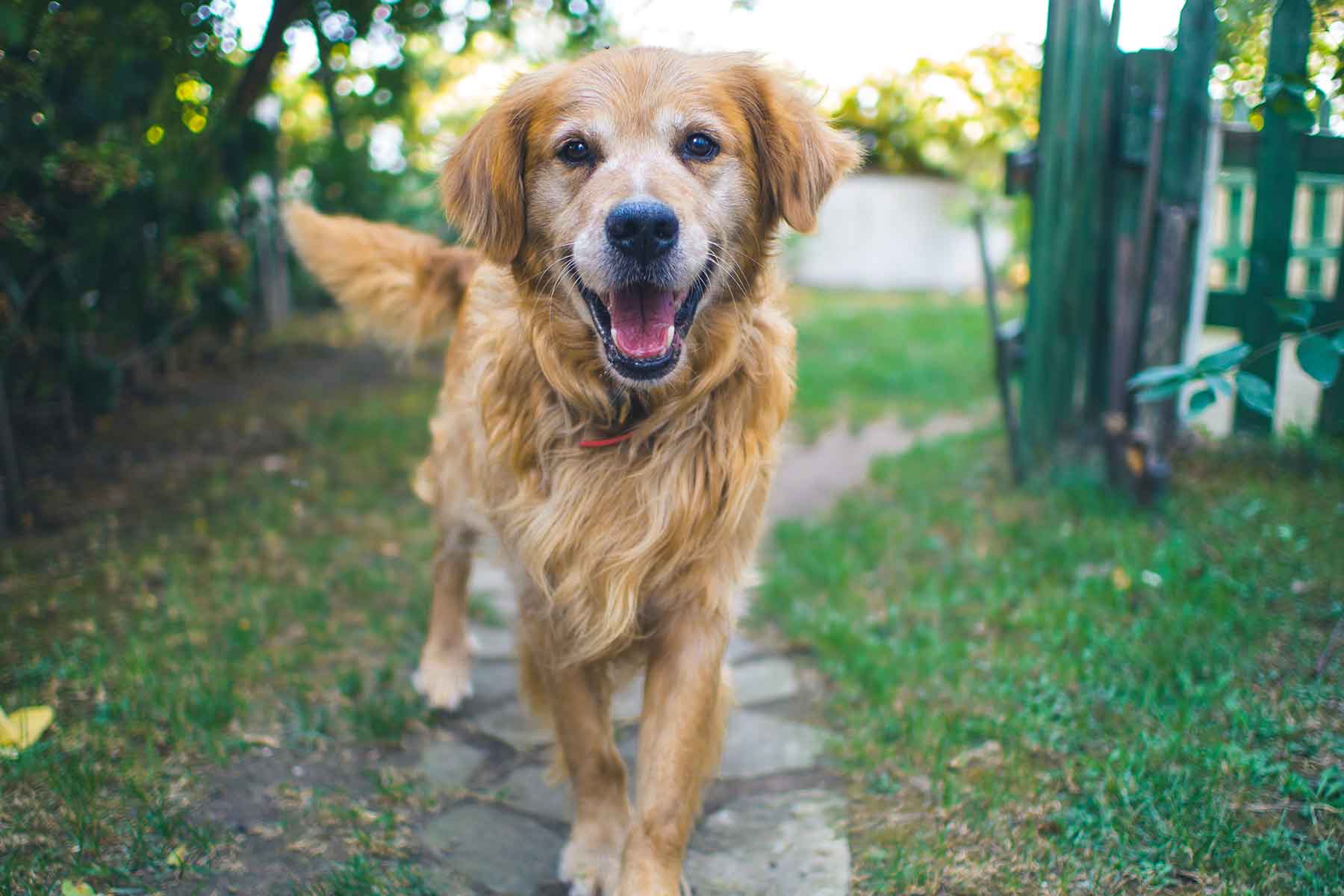Your dog has been diagnosed as having heartworm disease. This disease is going to be treated by your vet with a drug called Immiticide, which will kill the adult heartworms living in your dog’s heart, and the blood vessels of the lungs. Further drugs will kill any juvenile (larval) stages of heartworm that may be circulating in your dog’s body.
Is heartworm treatment dangerous?
Earlier drugs posed some risk of toxicity to patients. With Immiticide there is much less risk of complications, although it is important that you understand treatment is not completely without risk. Careful management by your veterinarian will minimize risk associated with killing these parasites.
What dangers are involved?
The main risk is the formation of blood clots around dying heartworms. These blood clots may cause serious illness and even death if severe enough. These clots are more likely to occur in dogs which are not rested during the four week treatment period.
It is critical that your dog is kept very quiet during the four week treatment time. Exercise is NOT allowed.
What will the treatment involve?
Your dog will be required to stay in hospital for a period of 2-3 days. During this time two injections will be given into the muscle in the lower back, approximately 24 hours apart.
In some dogs Aspirin may also be given to help prevent clot formation.
How will your dog feel?
Of course your dog may be slightly uncomfortable with his stay in hospital. However, our vets and nursing staff are dedicated to the well being of your pet and will ensure their comfort and happiness whilst in hospital.
Your dog may develop a mild cough following treatment. Drugs may be prescribed to ease this.
Some pain may be felt over the lower back muscles 1 to 2 days after the injections are given. You should not touch your dog’s lower back during this time.
A slight decrease in appetite may be noticed. This should only last 1 to 2 days after the injections and your vet should be notified should this continue.
Fever and depression may sometimes occur. This is usually a reaction to the drug. Notify your vet immediately should this occur.
Caring for your dog after-care treatment
On return home from hospital your dog will need to be kept very quiet over the next four weeks. Exercise should cease and you should keep your dog calm and not let it get excited. This is not always easy but it is critical. Sedation may be required if your dog becomes active.
If you are concerned about your dogs well being, or notice that he or she has become depressed, fatigued, off his/her food, distressed, or your dog’s breathing rate changes (becomes laboured or rapid) you should seek veterinary advice immediately.
Heartworm facts
- Heartworm (Dirofilaria Immitis) are spread when infected mosquitoes bite pets and transfer heartworm larvae
- Heartworm live in blood vessels of the heart and lungs
- Heartworm restrict blood flow, which can lead to heart failure
- The first signs of heartworm are usually coughing, exercise intolerance, lack of energy, weight loss, loss of coat condition
Vet Clinic Near You
If you require a veterinarian for diagnosis or a treatment plan, please don’t hesistate to contact your local vet and book an appointment today.











